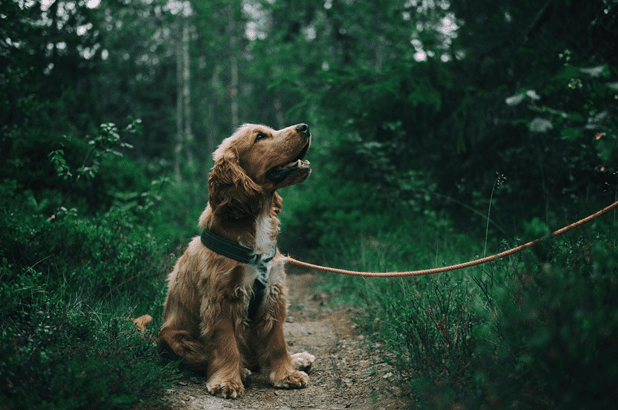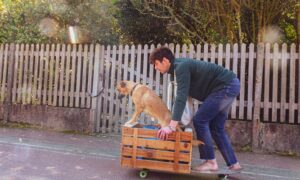Bringing a puppy home is an exciting milestone filled with joy, cuddles, and plenty of adorable moments. But it also marks the beginning of a significant commitment that requires time, patience, and consistency. Life after getting a puppy involves more than just playtime it’s about building routines, reinforcing good behavior, and creating a safe, nurturing environment where your new companion can thrive.
Whether you’re a first-time dog owner or adding a new pup to a multi-pet household, these tips will help you navigate the early stages of puppy parenthood and set the foundation for a happy, well-adjusted dog.
Establish a Routine Early
Puppies thrive on structure. Establishing a consistent daily routine helps them feel secure and understand what to expect. This includes regular feeding times, potty breaks, play sessions, and sleep schedules. A predictable routine also makes it easier to reinforce training and reduce anxiety.
Start with a simple schedule and adjust as needed based on your puppy’s age and energy level. For example, young puppies may need to go outside every two to three hours, while older pups can hold it longer. Consistency in routine helps your puppy learn faster and adapt more smoothly to your household.
Prioritize Socialization
Socialization is a critical part of a puppy’s development. Exposing your puppy to a variety of people, environments, sounds, and other animals during their early months helps prevent fear-based behaviors later in life. The goal is to create positive experiences that build confidence and adaptability.
Begin with short, controlled interactions and gradually increase exposure as your puppy becomes more comfortable. Puppy classes, neighborhood walks, and supervised playdates are great ways to introduce new stimuli. Always monitor your puppy’s reactions and avoid overwhelming them socialization should be a gentle, encouraging process.
Invest in Training and Reinforcement
Training is essential for building communication and trust between you and your puppy. Start with basic commands like sit, stay, come, and leave it. Use positive reinforcement techniques such as treats, praise, and play to reward good behavior. Avoid punishment-based methods, which can damage your relationship and lead to fear or aggression.
For more structured support, consider enrolling in a program that offers quality dog training in Fairfax. Professional trainers can help you address specific challenges, teach advanced skills, and ensure your puppy develops into a well-mannered companion. Training isn’t a one-time event it’s an ongoing process that continues throughout your dog’s life.
Puppy-Proof Your Home
Just like toddlers, puppies are curious and prone to getting into things they shouldn’t. Puppy-proofing your home is essential to keep them safe and protect your belongings. Start by removing or securing items that could be hazardous, such as electrical cords, cleaning supplies, small objects, and toxic plants.
Use baby gates to block off restricted areas and provide safe zones where your puppy can explore freely. Chew toys, puzzle feeders, and interactive games can help redirect their energy and prevent destructive behavior. Creating a safe, stimulating environment supports healthy development and reduces stress for both you and your pup.
Focus on Health and Wellness
Regular veterinary care is vital during your puppy’s first year. Schedule vaccinations, deworming, and wellness checks to monitor growth and catch any health issues early. Discuss nutrition with your vet to ensure your puppy is getting the right balance of nutrients for their breed and age.
In addition to physical health, pay attention to your puppy’s emotional well-being. Puppies need plenty of affection, mental stimulation, and downtime to rest and recharge. Watch for signs of stress or discomfort, and adjust your routine or environment as needed to support a balanced lifestyle.
Conclusion
Life after getting a puppy is filled with learning, laughter, and growth for both you and your new companion. By establishing routines, prioritizing socialization, investing in training, and creating a safe and healthy environment, you lay the groundwork for a strong, lasting bond. With patience and consistency, your puppy will grow into a confident, loving dog who brings joy to your life for years to come.



























